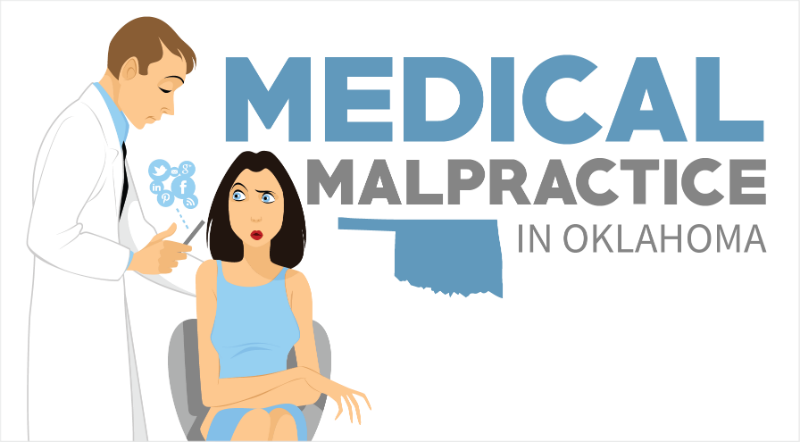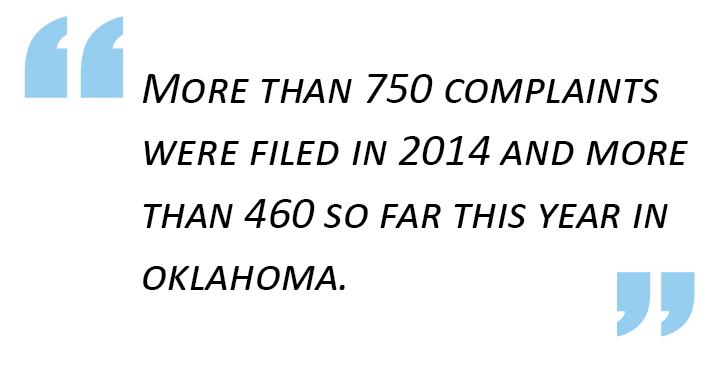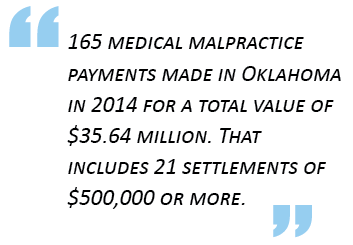Technology Advances Create Distracted Doctors and Potential for Medical Malpractice

If you are in surgery, you have your doctor’s undivided attention, right? Not necessarily. A surgeon is the undisputed boss in an operating room and, if your surgeon wants to take a moment mid-operation to check his cell phone or update his Facebook status, there’s no one to tell him he cannot.
As far-fetched as that scenario may seem, distractions that can lead to preventable medical errors happen frequently, according to various published reports.
 A recent article in The Atlantic says the lack of rules about use of cell phones in operating rooms or in medical settings in general has increasingly raised concerns about “distracted doctoring,” as well as infection control during surgery. The article says many medical practitioners interviewed said they knew of co-workers who had texted friends and relatives from the surgical suite.
A recent article in The Atlantic says the lack of rules about use of cell phones in operating rooms or in medical settings in general has increasingly raised concerns about “distracted doctoring,” as well as infection control during surgery. The article says many medical practitioners interviewed said they knew of co-workers who had texted friends and relatives from the surgical suite.
The Atlantic cites a 2011 incident in Texas in which a woman died after surgery during which an anesthesiologist was accused of sending text messages and emails while monitoring the patient. In June 2014, a Seattle anesthesiologist had his license suspended for allegedly sending sexually explicit text messages during multiple surgeries, The Washington Post reported.
Last year, a doctor at New York’s Yorkville Endoscopy clinic snapped cell phone pictures during an operation on the comedian Joan Rivers, The New York Times reported. During the procedure, Rivers’ oxygen supply was cut off and she went into cardiac arrest. She never regained consciousness and died. An investigation did not directly link the medical error to the doctor’s phone use, The Atlantic says.
The American Society of Anesthesiologists said in a medical journal article in April that the increase in electronic equipment used during surgery today can result in information overload. The bulk of the 1,250-word report focuses on the legal ramifications of being caught browsing the Internet, posting to Facebook or texting while on duty during a medical procedure, and warning against trying to destroy evidence of such activity.
Distracted doctoring goes beyond cell phones and the Internet. A 2014 statement by the American Academy of Orthopaedic Surgeons (AAOS) cites multiple sources of distraction and loss of concentration among surgical team members considered to be frequent contributors to surgical errors. They include:
 Noise from machinery, equipment and surgical team members
Noise from machinery, equipment and surgical team members- Fatigue from lack of sleep, cumulative overwork and/or cumulative sleep deprivation, inadequate recovery from travel, or illness
- Multi-tasking or task-saturation, which doesn’t allow surgeons to remain effectively focused on any single task
- Repetitive tasks, which can create complacency and undermine concentration
- Disruptive behavior by surgical team members, including surgeons.
The AAOS says cell phones, computers, tablets and similar devices have become indispensable for gathering information and communicating. Prohibiting them from the operating room is impractical, it says. Still, it is important that operating room policies and procedures ensure appropriate use of these devices.
So far there are no professional guidelines or federal or state laws mandating whether cell phones and other electronic devices can be used in operating rooms. Regulating this behavior, like other behavior cited by the AAOS, is up to hospital supervisors or boards of directors. It is their responsibility to train employees to understand and follow policy, and to enforce the rules, as well.
Proper behavior in a surgical setting also depends on the surgeon, who is a highly trained professional and, as we said above, supervises and controls what goes on in their operating room.
Your Right to Speak Up About Potentially Dangerous Medical Behavior
If you know of behavior by medical personnel that may have harmed a patient, you have the right to file a complaint with the Oklahoma State Board of Medical Licensure and Supervision. More than 750 complaints were filed in 2014 and more than 460 so far this year.
By far, most complaints come from the public, but the next most frequent sources of complaints are other physicians, nurses or allied medical personnel, or other state regulatory agencies.
Each case is different, but the federal National Practitioner Data Bank (NPDB) shows a total of 165 medical malpractice payments made in Oklahoma in 2014 for a total value of $35.64 million. That includes 21 settlements of $500,000 or more.
More than $500 million has been paid to victims of medical malpractice in Oklahoma from 2004 to 2014, according to the NPDB.
Doctors, anesthesiologists, nurses and others who fail to deliver a reasonable standard of medical care to patients who rely on them for help should be held accountable when their negligence or preventable errors result in physical or emotional injury.
If you or a loved one was harmed during surgery or another medical procedure in Oklahoma, Burch, George & Germany may be able to help you pursue a medical malpractice claim.
If you believe you have been unjustly harmed by medical care provided to you, contact a Burch, George & Germany medical malpractice lawyer today. We can meet with you for a free, no obligation legal consultation and, if we see a way forward, conduct the necessary investigation and pursue compensation through a medical malpractice claim on your behalf.
Blog CATEGORIES
Let's Talk About It
Speak with an experienced attorney at no cost to you


